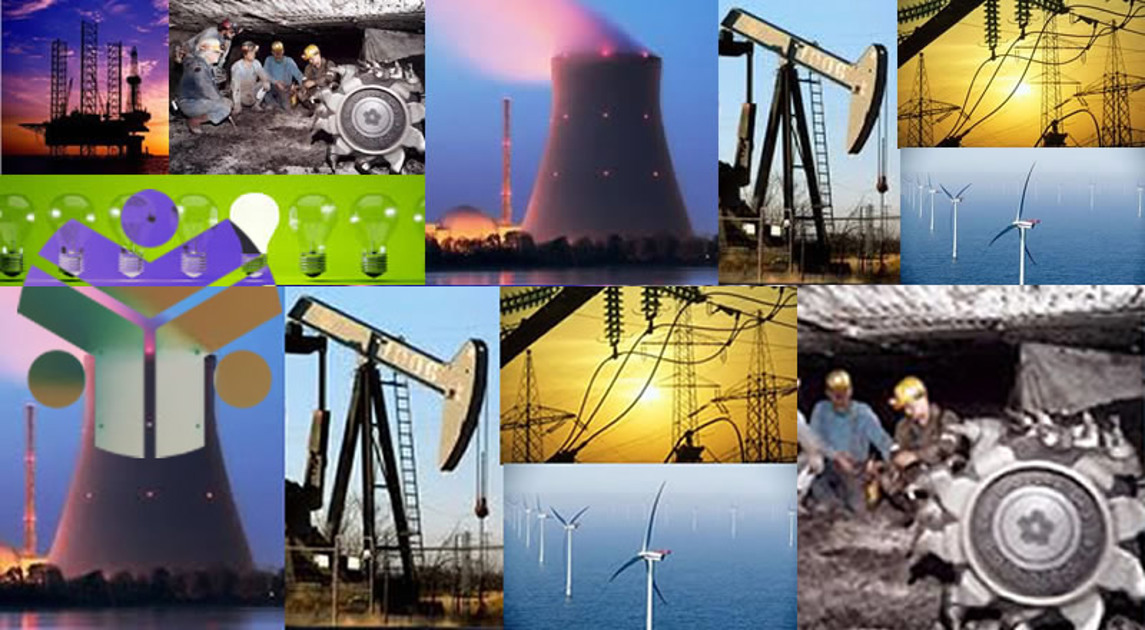European industrial, energy and climate policy is hampered by contradictory requirements on the price for Greenhouse effect Gas (GHG) emissions: on the one hand, high prices would be necessary to incentivise "green" investment and changes in consumption patterns; on the other, the preservation of the external competitiveness of EU energy-intensive industries, as well as the prevention of “carbon leakage”, would require low prices.
The proposed own-initiative report, based upon work previously performed in the Industrial Policy Committee of industriAll European trade union, investigates the technical and legal feasibility of Border Adjustment Measures for the internal price of GHG emissions: importers pay the price, exporters get it refunded, as it already is the case for VAT. The refund of the GHG emission price to exporters could be based on a transparent accounting system. The GHG emission price paid by importers could be based on the basic metals, materials and chemicals content of the product. This system would be in line with WTO rules, and rely upon fully proven methodologies.
Luc Triangle, General Secretary of industriAll European trade union, declared: "In the current geo-political context, we can't realistically expect the European Emissions Trading System (ETS) or a single price of GHG emissions to be extended world-wide. I am thus happy that the EESC, and within it its branch dedicated to industry, the CCMI, takes the time to explore innovative ways to reconcile two policy requirements that are essential for industrial workers in Europe:
- the mitigation of climate change and the incentivisation of green investment, on the one hand, and
- the preservation of the external competitiveness of our energy- and resource-intensive industries, as well as the prevention of carbon leakage,
on the other hand. This report is a very timely and relevant contribution to the current discussions in the EU High-Level Group on Energy-Intensive Industries – where industriAll Europe is represented – on carbon pricing and means to avoid carbon leakage, and to the ensuing public debate on the topic."
The opinion (in all 23 official languages of the EU) [ link ]
EU High-Level Group on Energy-Intensive Industries [ link ]
